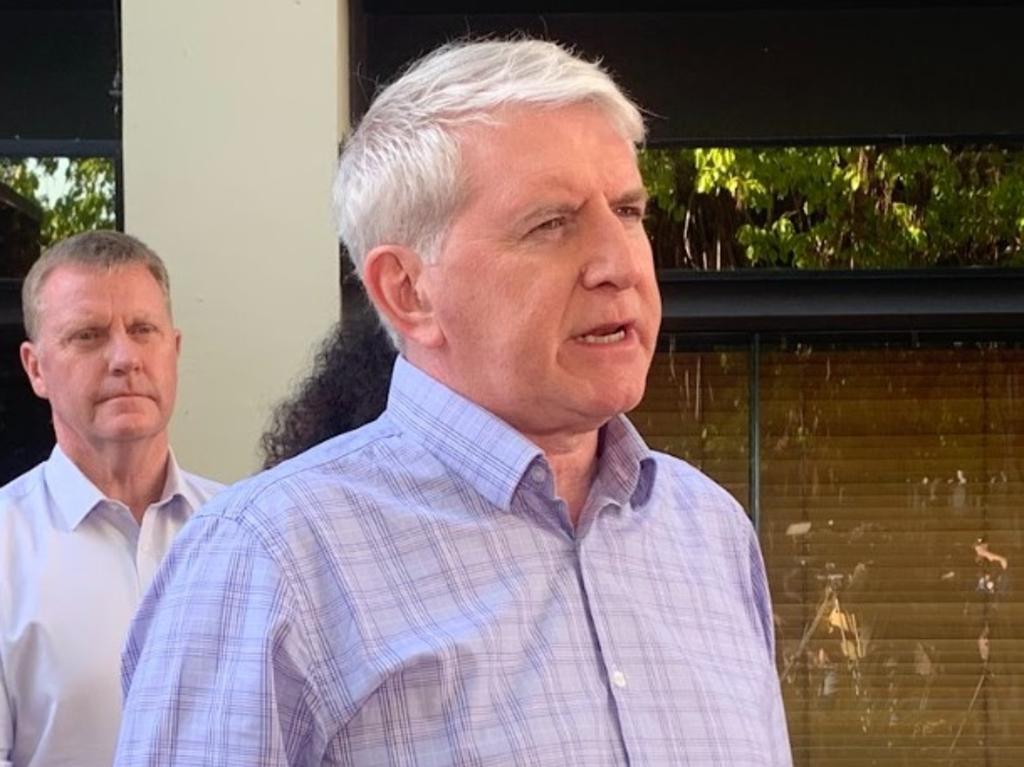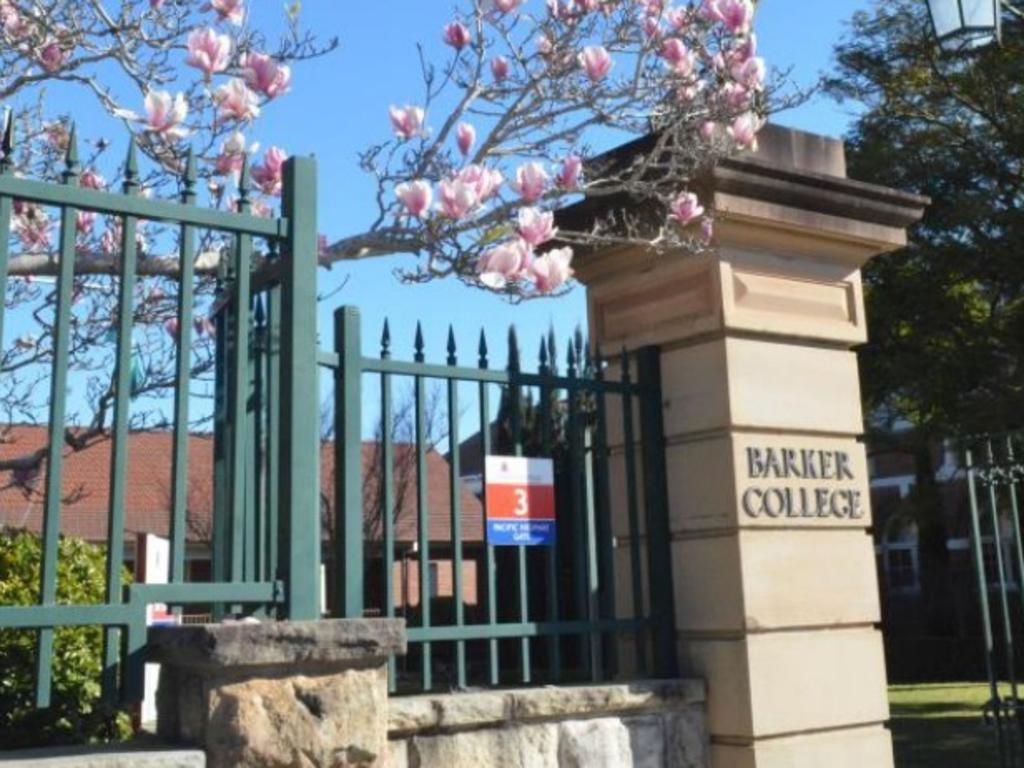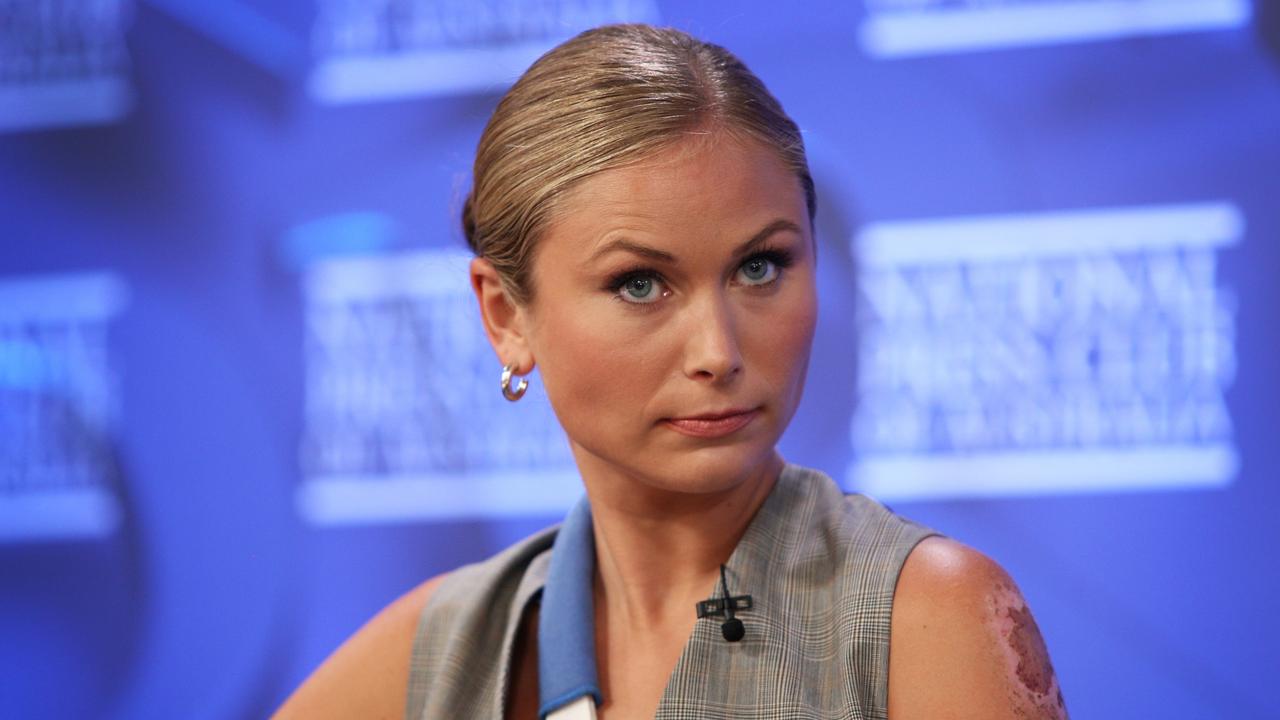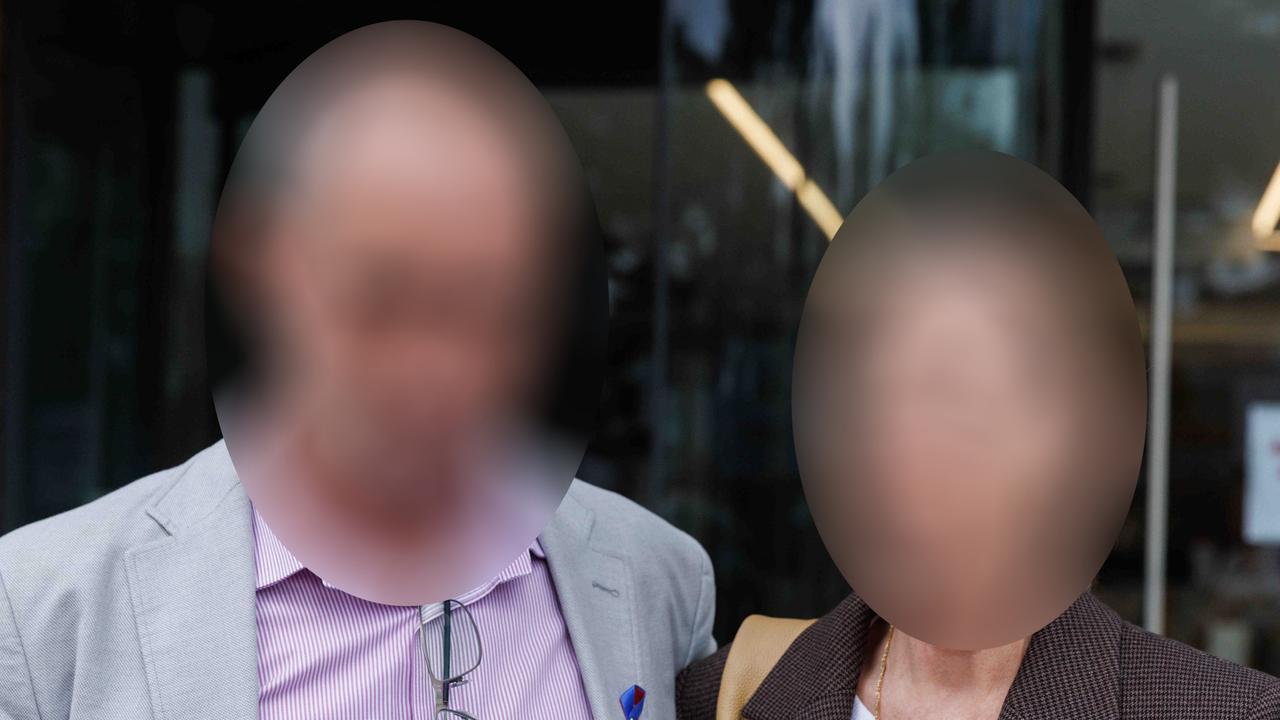Queensland students win right to appeal school suspensions
First Nations students will be among those who will now be able to appeal school suspensions, under Queensland legislative changes.
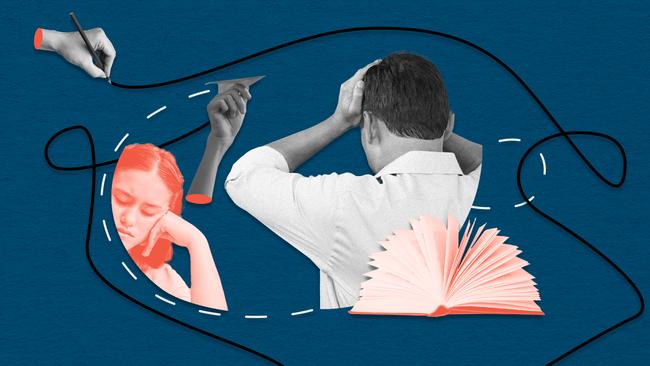
Schools are breaching children’s human rights when they suspend badly behaved students from school, new government-funded research asserts, as some families won the right on Wednesday to appeal against suspensions.
Aboriginal and Torres Strait Islander students, as well as children with disabilities, will be given extra support at school as an alternative to suspensions, under legislative changes introduced by the Queensland government on Wednesday.
Parents and students will be granted the right to appeal against short-term suspensions in public schools.
Queensland Education Minister Di Farmer said she would “improve the suspension and disciplinary process’’.
She said that First Nations students, as well as those with a disability and children as young as four in the first year of prep, account for half of all students suspended from Queensland state schools.
She said principals would still retain the right to suspend students, but would have to provide extra support to disruptive students.
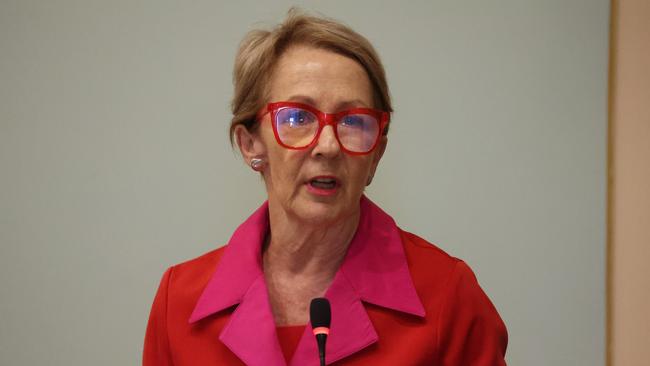
The new school rules coincide with demands by Professor Anna Sullivan – director of the Centre for Research in Educational and Social Inclusion at the University of South Australia – for “punitive-free education’’.
She said excluding children from school was a “punitive policy’’ that breached the United Nations Convention on the Rights of the Child, on the grounds of their right to an education, discrimination, and a failure to work “in the best interests of the child’’.
As the lead researcher in a study published in the latest issue of Critical Studies in Education, Professor Sullivan lashed out at “neoliberals’’ for failing to recognise that disruptive students are often vulnerable children with learning disabilities or a troubled home life.
“It is easy to blame the problems of schooling on the personal situation and character of individuals, which is to say, on ‘disruptive’ students, ‘dud’ teachers and/or ‘negligent’ parents, rather than on social systems,” the study states.
“Many people act as though the causes of individual conduct and feelings are somehow divorced from the wider structural and institutional arrangements of society.”

The study, one of a series funded through a $324,000 grant from the Australian Research Council, shows that the students most likely to be suspended or expelled from school are boys, students with a disability, Indigenous students, children in foster care and those living in poor families.
The researchers warn that children’s misbehaviour is being “medicalised’’ through diagnosis of “conditions’’ such as oppositional defiant disorder, conduct disorder, and attention deficit hyperactivity disorder (ADHD).
“The medicalisation of student behaviour justifies the exclusion of students with a growing number of behavioural disorders that are perceived to be beyond the capacity of schools to address,’’ the report states.
“Exclusion is then seen to be a sensible and safe response to an intractable problem.’’
Professor Sullivan said that students are at greater risk of dropping out of school altogether, drinking and smoking, and turning to crime after they are expelled or suspended.
Given that vulnerable groups were most at risk of school suspension, she said, “exclusion policies are ultimately discriminatory’’.
“We also see situations where children with disabilities – some on prescribed medications – are being excluded from school on the basis that ‘they have problems already’,’’ she said.
“Instead of helping these students, the policies are exacerbating their struggles.
“What we need is more listening, more empathy to students at risk, and a willingness to challenge the impact of wider social inequalities including poverty, race, housing, and unemployment on the most vulnerable people in our society.
“These things cannot simply be left at the school gate.’’
Queensland’s legislative reforms will require school principals to write up “student support plans” for all Aboriginal and Torres Strait Islander students, as well as those with a disability and prep students who start school as young as four, so that suspensions are only used as a last resort.
“It should be noted, the amendments will not change a principal’s right to suspend students where appropriate and necessary, or reduce the support available nor the review rights for other students,’’ the bill’s explanatory statement says.



